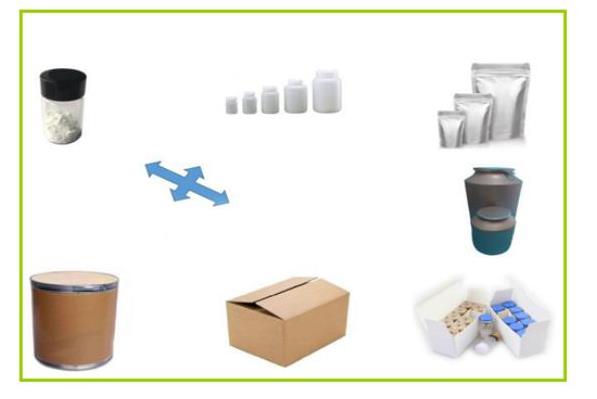EDTA calcium disodium, also known as calcium disodium ethylenediaminetetraacetic acid, is a chelating agent used in various applications, including medicine, food, and cosmetics. It is a derivative of EDTA (ethylenediaminetetraacetic acid), a compound known for its ability to bind to and neutralize metal ions.
Key Characteristics and Uses:
Chemical Composition:
Chelating Agent: EDTA calcium disodium is a complex of EDTA with calcium, which allows it to bind and sequester metal ions, such as lead, iron, and copper. The calcium in the compound helps to prevent the loss of essential calcium from the body during chelation.
Medical Uses:
Heavy Metal Detoxification: EDTA calcium disodium is used as a treatment for heavy metal poisoning, particularly lead poisoning. It binds to lead and other metals in the bloodstream, allowing them to be excreted from the body through the urine.
Chelation Therapy: In some cases, it is used in chelation therapy, a treatment aimed at removing heavy metals from the body, although its use for this purpose is subject to medical supervision due to potential risks.
Food and Cosmetic Uses:
Preservative: In the food industry, EDTA calcium disodium is used as a preservative and stabilizer to prevent discoloration, rancidity, and spoilage by binding to metal ions that can catalyze these processes.
Cosmetics: In personal care products, it acts as a preservative and stabilizer, preventing the degradation of the product and enhancing the effectiveness of other ingredients by sequestering metal ions.
Common Products:
Found in processed foods, beverages, cosmetics, pharmaceuticals, and industrial products. In cosmetics, it can be found in shampoos, lotions, and creams.
Safety and Regulation:
Generally Recognized as Safe (GRAS): EDTA calcium disodium is considered safe for use in food by the U.S. Food and Drug Administration (FDA) when used in accordance with good manufacturing practices.
Medical Supervision: When used for chelation therapy, it must be administered under medical supervision due to the potential for side effects, such as kidney damage or electrolyte imbalances.
Environmental Considerations:
Biodegradability: EDTA and its derivatives, including EDTA calcium disodium, are not easily biodegradable, which has raised concerns about their environmental impact. They can persist in water systems and bind to metals, potentially affecting aquatic life.
In summary, EDTA calcium disodium is a versatile chelating agent used in medicine, food preservation, and cosmetics. Its ability to bind metal ions makes it useful for treating heavy metal poisoning, preserving food and cosmetic products, and stabilizing formulations.
Package

Shipping

Company information

Contact information
Export sales: Ishara Zhang
Skype:Fortunachem201303
E-mail:hk@fortunachem.com
Tel:+86-27-59207851
Whatsapp/Wechat:+8618007136271